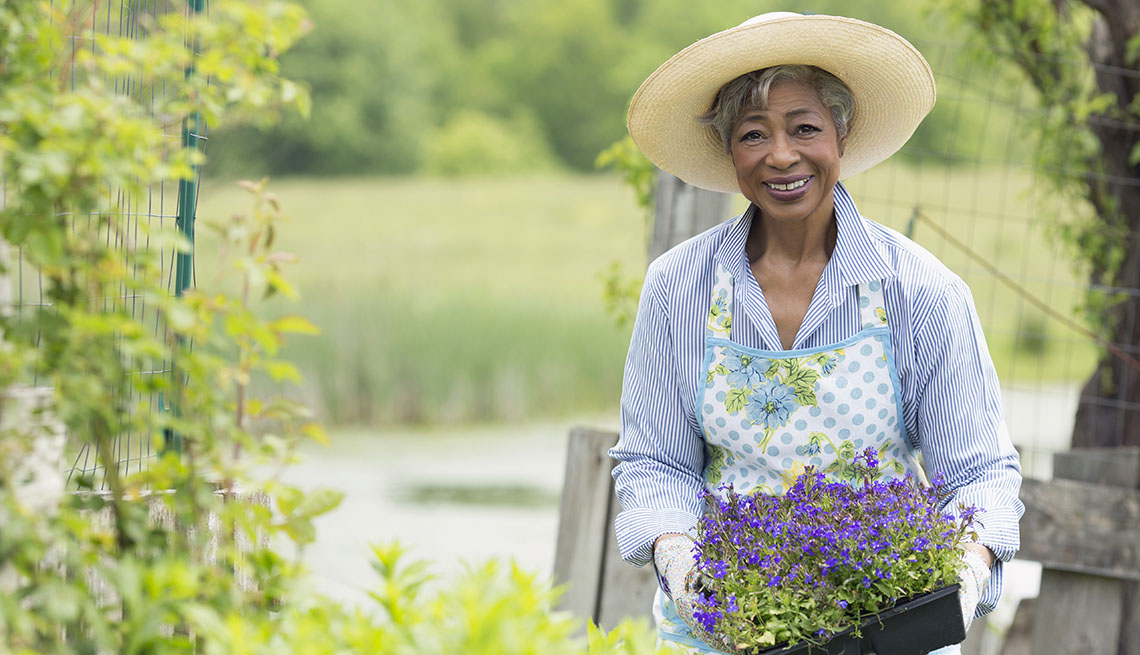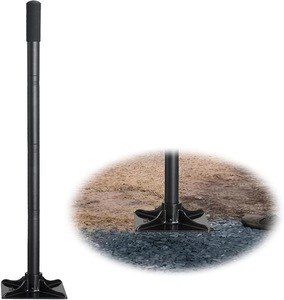Seasonal Gardening Tips: What to Plant and When for Best Outcomes
Seasonal Gardening Tips: What to Plant and When for Best Outcomes
Blog Article
Comprehending the Various Types of Horticulture and How They Add to a Much Healthier Way Of Living and Atmosphere

Advantages of Vegetable Horticulture
Several people are increasingly identifying the myriad benefits of vegetable horticulture as an essential component of a healthier lifestyle. Engaging in vegetable horticulture offers numerous physical health advantages, including boosted physical task, which improves cardio wellness and advertises total fitness. The act of growing, weeding, and harvesting calls for motion and can aid combat less active behaviors, contributing to weight management and boosted muscle tone.
Additionally, growing one's own veggies significantly enhances nutritional top quality. Homemade fruit and vegetables is usually fresher and a lot more nutrient-dense contrasted to store-bought options, as it can be consumed shortly after harvest. This accessibility urges a better consumption of vegetables and fruits, which are crucial for protecting against persistent illness.
Additionally, vegetable gardening fosters psychological wellness by offering a therapeutic electrical outlet for stress and anxiety alleviation and relaxation. The act of tending to plants can be introspective, permitting individuals to connect with nature and leave the stress of life. Moreover, the sustainable technique of growing one's very own food reduces reliance on business agriculture, adding to environmental preservation and promoting biodiversity. Jointly, these advantages underscore the value of vegetable gardening as a foundation of a healthier lifestyle.
Discovering Blossom Horticulture

In addition to visual benefits, flower gardening sustains local ecological communities. Numerous flowering plants bring in pollinators, such as and butterflies, which are essential for keeping biodiversity. The presence of diverse plants can additionally enhance soil health and wellness, as different plants contribute to nutrient cycling and improve soil structure.
Additionally, blossoms can play a considerable duty in promoting sustainable practices. Numerous gardeners select native or drought-resistant species, which require less water and minimal chemical inputs. This method not only benefits the environment however likewise encourages accountable gardening practices.
Eventually, flower horticulture acts as an essential part of a holistic horticulture strategy. Gardening. By growing charm and supporting local communities, it balances with vegetable horticulture and emphasizes the relevance of nurturing both our physical and mental health via nature
Container Gardening Advantages
Container gardening offers various advantages that make it an appealing option for both beginner and skilled gardeners. One of the main advantages is its adaptability; containers can be positioned on patio areas, verandas, or perhaps inside, permitting horticulture precede with limited ground access. This flexibility enables people in metropolitan environments or those with tiny lawns to cultivate plants effectively.
Additionally, container horticulture offers boosted control over dirt quality and dampness levels. Garden enthusiasts can pick details soil blends to enhance plant wellness and mitigate issues like weeds and parasites. The movement of containers also permits simple moving to take full advantage of sunlight direct exposure or safeguard plants from stormy weather condition.
Furthermore, container yards can be visually pleasing, offering a possibility for creativity in layout. Gardening. They can act as ornamental elements that improve outside or indoor areas while promoting biodiversity by attracting pollinators
Lastly, container horticulture can add to a healthier lifestyle by urging physical task, as it commonly involves training, planting, and preserving plants. On the whole, the advantages of container horticulture make it an available and fulfilling method for those seeking to enhance their way of living and setting.
The Rise of Vertical Gardening
As city spaces end up being increasingly crowded, the fad of upright horticulture has removed, permitting people to maximize their horticulture potential in restricted areas. This cutting-edge strategy involves growing plants in vertical frameworks, such as wall-mounted planters, trellises, or specialized upright yard systems. The appeal of vertical gardening lies not only in its efficient usage of area yet additionally in its visual payment to metropolitan atmospheres, transforming bare walls into lush eco-friendly landscapes.
Upright gardens can be set up in homes, porches, my link and community spaces, providing a system for expanding a selection of plants, consisting of natural herbs, a knockout post veggies, and decorative blossoms. This technique motivates biodiversity and can improve air high quality by filtering pollutants while advertising a link to nature in densely populated locations. In addition, upright gardening uses sensible advantages, such as improved yield per square foot, making it an appealing option for urban garden enthusiasts looking for to grow their very own food.
Sustainable Practices in Gardening
Accepting lasting techniques in horticulture is essential for promoting ecological health and wellness and making sure the stability of our natural deposits. Lasting horticulture techniques focus on minimizing ecological influence, preserving water, and cultivating biodiversity. By applying techniques such as natural horticulture, garden enthusiasts can lessen the usage of artificial fertilizers and pesticides, which can harm regional ecological communities.
Friend growing is one more efficient sustainable method, where certain plants are grown together to boost development and hinder pests naturally. Additionally, using native plants in landscaping sustains regional wildlife and requires much less maintenance, as they are inherently adjusted to the regional climate and dirt conditions.
Water conservation techniques, such as rain harvesting and drip watering, assistance to effectively manage water sources, therefore decreasing waste. Furthermore, composting organic waste not just enhances the soil yet likewise reduces land fill payments, advertising a circular economic situation.
Last but not click for source least, practicing crop rotation and cover chopping improves dirt health and wellness and reduces the threat of insect infestations. By incorporating these sustainable techniques, garden enthusiasts can develop resilient ecosystems that contribute to a healthier way of living while securing the environment for future generations.
Conclusion

Finally, the varied approaches of horticulture, including veggie, blossom, container, and upright gardening, collectively promote a healthier way of living and enhance ecological sustainability. Each kind offers distinct benefits, from giving fresh fruit and vegetables and attracting pollinators to optimizing minimal spaces and motivating biodiversity. By fostering lasting methods, these horticulture comes close to not just add to individual health however likewise support more comprehensive environmental conservation initiatives, inevitably lowering reliance on commercial farming and boosting neighborhood strength.
Report this page